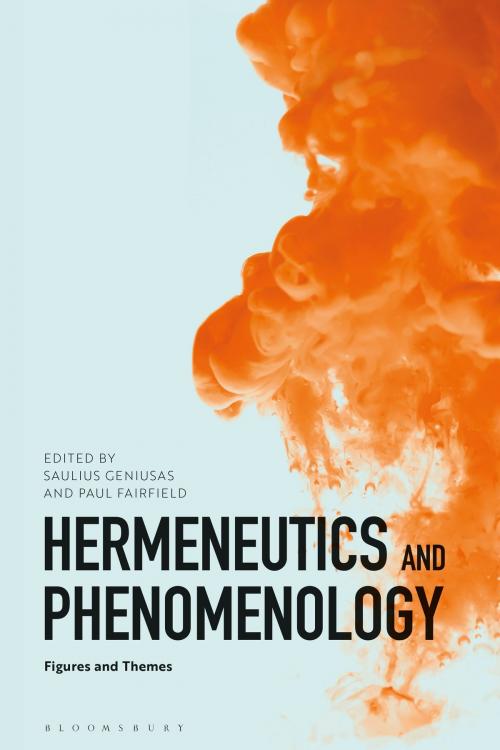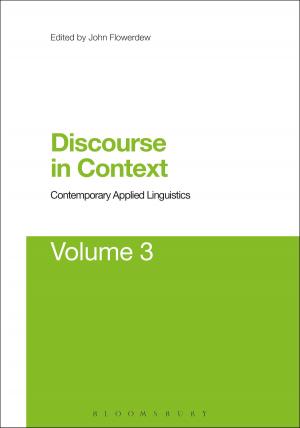Hermeneutics and Phenomenology
Figures and Themes
Nonfiction, Religion & Spirituality, Philosophy, Methodology, Existentialism| Author: | ISBN: | 9781350078048 | |
| Publisher: | Bloomsbury Publishing | Publication: | September 20, 2018 |
| Imprint: | Bloomsbury Academic | Language: | English |
| Author: | |
| ISBN: | 9781350078048 |
| Publisher: | Bloomsbury Publishing |
| Publication: | September 20, 2018 |
| Imprint: | Bloomsbury Academic |
| Language: | English |
The relationship between these two central theoretical and philosophical approaches, which we thought we knew, is more complex and interesting than our standard story might suggest.
It is not always clear how hermeneutics-that is, post-Heideggerian hermeneutics as articulated by Hans-Georg Gadamer, Paul Ricoeur, and a large number of thinkers working under their influence-regards the phenomenological tradition, be it in its Husserlian or various post-Husserlian formulations. This volume inquires into this issue both in general, conceptual terms and through specific analyses into questions of ontology and metaphysics, science, language, theology, and imagination. With a substantial editors' introduction, the volume contains 15 chapters, from some of the most significant scholars in this field covering the essential questions about the history, present and future of these two disciplines.
The volume will be of interest to any philosopher or student with an interest in developing a sophisticated and nuanced understanding of contemporary hermeneutics and phenomenology.
The relationship between these two central theoretical and philosophical approaches, which we thought we knew, is more complex and interesting than our standard story might suggest.
It is not always clear how hermeneutics-that is, post-Heideggerian hermeneutics as articulated by Hans-Georg Gadamer, Paul Ricoeur, and a large number of thinkers working under their influence-regards the phenomenological tradition, be it in its Husserlian or various post-Husserlian formulations. This volume inquires into this issue both in general, conceptual terms and through specific analyses into questions of ontology and metaphysics, science, language, theology, and imagination. With a substantial editors' introduction, the volume contains 15 chapters, from some of the most significant scholars in this field covering the essential questions about the history, present and future of these two disciplines.
The volume will be of interest to any philosopher or student with an interest in developing a sophisticated and nuanced understanding of contemporary hermeneutics and phenomenology.















